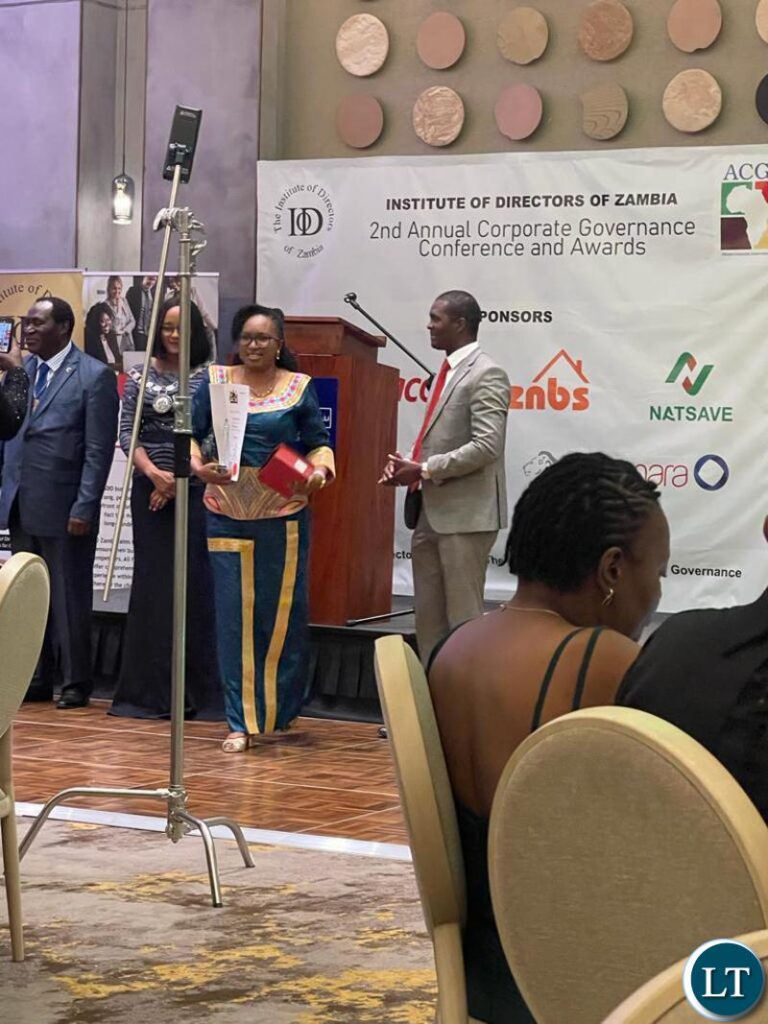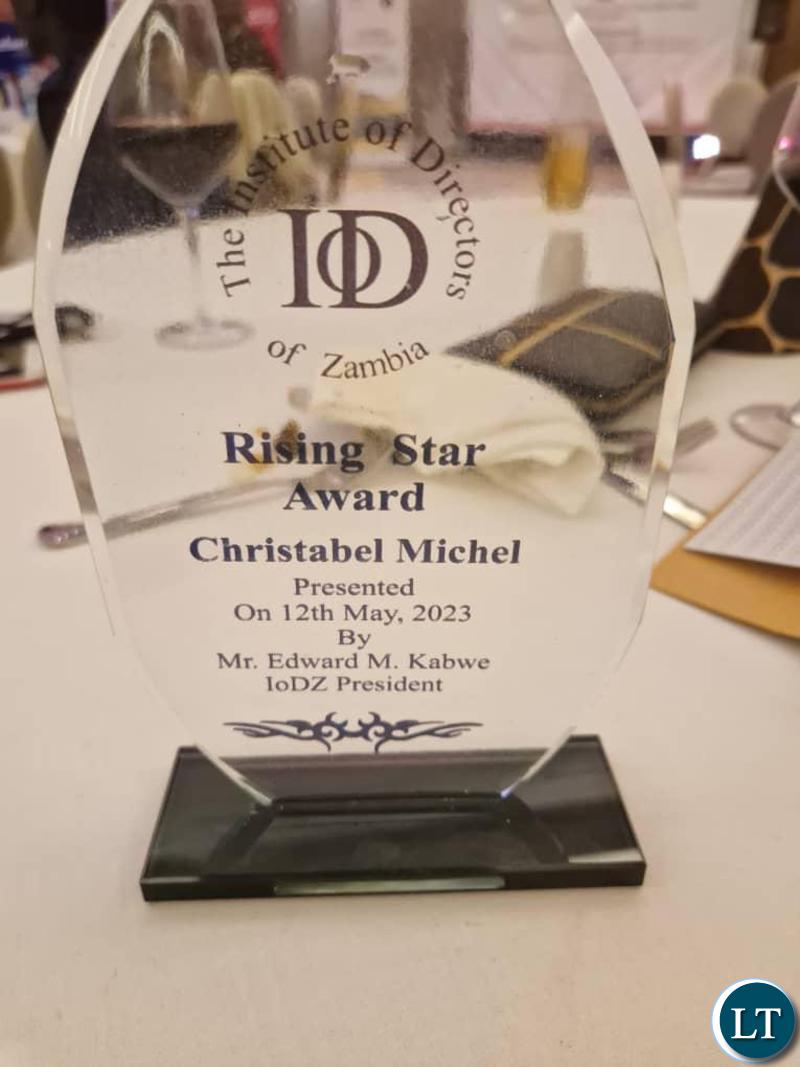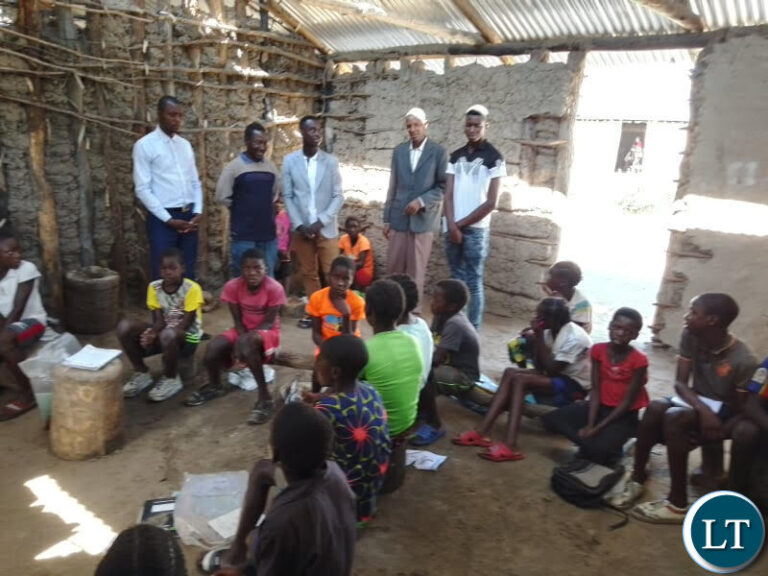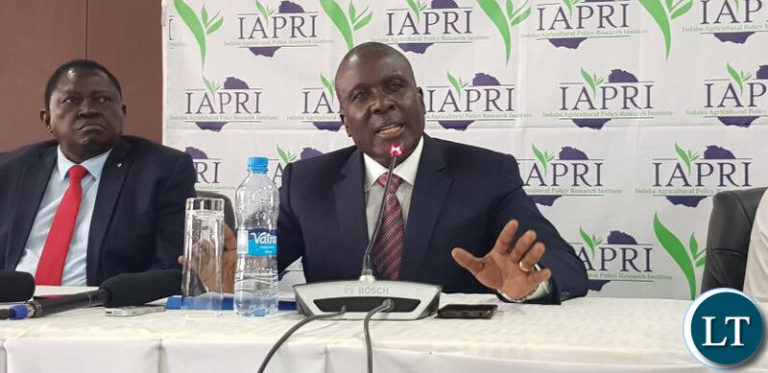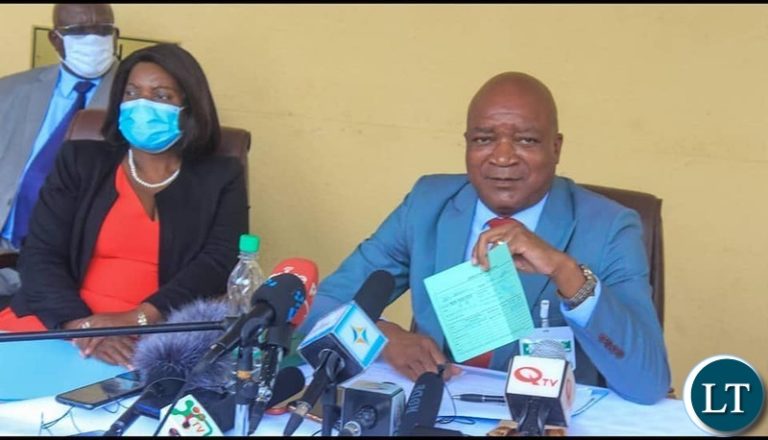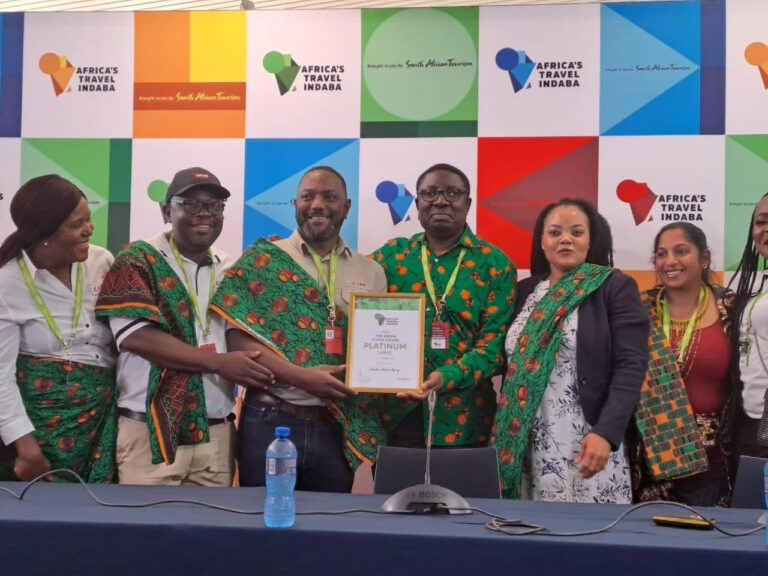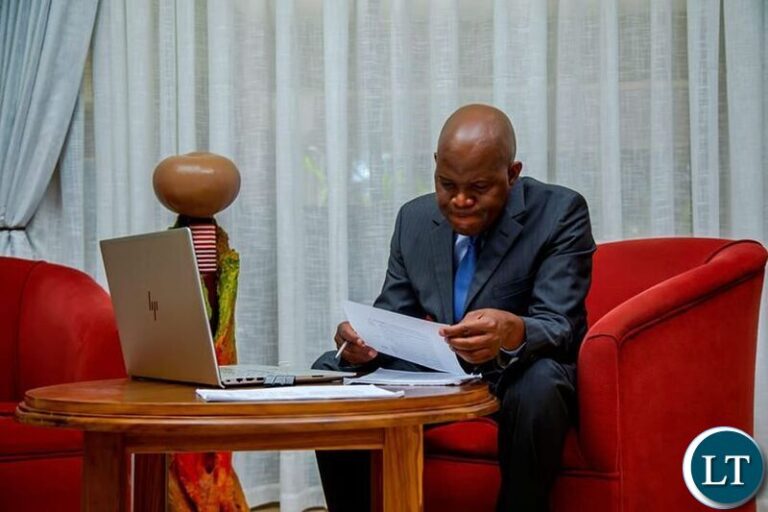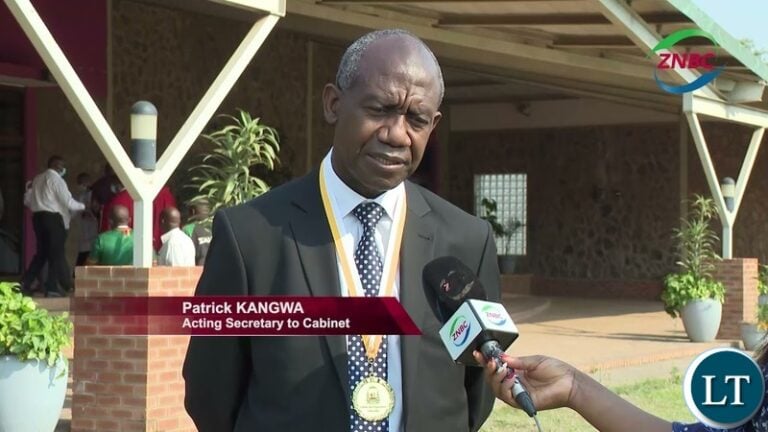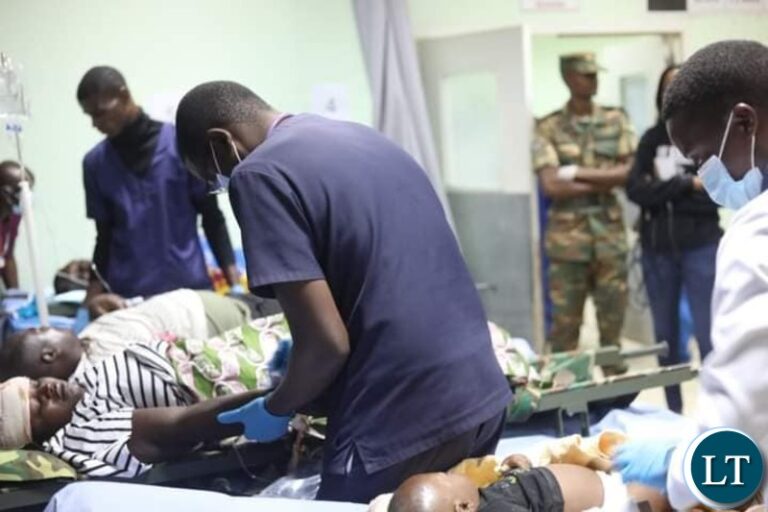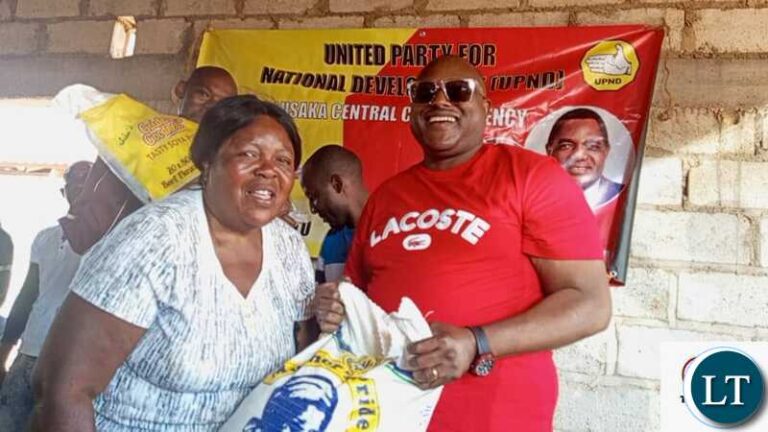By Fred M’membe President of the Socialist Party
In 1919, John Maynard Keynes of the United Kingdom’s Treasury Department published a book that became a sensation. In the book, entitled The Economic Consequences of the Peace, Keynes observed that the Great War had ‘so shaken the system as to endanger the life of Europe itself’. (John Maynard Keynes, The Economic Consequences of the Peace (London: Palgrave Macmillan, [1919] 2019), 58.). The Treaty of Versailles, which ended the war, did not grasp the underlying problems that had led to the war and only cemented the victory of some countries against others. The treaty left structural problems intact, such as the ‘disordered finances’, in Keynes’ words, of many countries (not only Germany, which faced an enormous and unpayable reparations bill). The Wall Street Crash of 1929, the Sterling Crisis of 1931, and the Banking Panics of 1931–1933 revealed the underlying vulnerabilities of capitalism, with the ‘disordered finances’ being the spur towards the potential general collapse of the system. In 1936, Keynes published The General Theory of Employment, Interest, and Money, a manual to save capitalism by a theoretical plea for governments to use state resources to recycle profits and balance an unbalanceable system. Keynes, who dabbled in eugenics theory, did not extend his views on state intervention to protect the system in the British colonies and prevent the decline of their population’s living standards.
When the United States invited its allies to Bretton Woods (New Hampshire) in July 1944 to discuss how to manage the structural crises that contributed to the Second World War, Keynes – who was one of the main figures at this meeting – said that it would be ‘the most monstrous monkey house assembled for many years’, suggesting that ‘twenty one countries [that] have been invited’ – presenting a list of primarily colonised countries, from Guatemala and Liberia to Iraq and the Philippines – ‘clearly have nothing to contribute and will merely encumber the ground’. (John Maynard Keynes, The Collected Writings of John Maynard Keynes: Volume XXVI, Activities
1941–1946. Shaping the Post-War World: Bretton Woods and Reparations, ed. D. E. Moggridge (Cambridge: Cambridge University Press, 2013), 42.)
Instead, Keynes preferred that the two founder states of the Bretton Woods Conference, the United Kingdom and the United States, ‘settle the charter and the main details of the new body without being subjected to the delays and confused counsels of an international conference’, as he explained a few years earlier. (International Monetary Fund, IMF History Volume 3 (1945–1965): Twenty Years of International Monetary Cooperation Volume III: Documents (Washington, DC: International Monetary Fund, [1969] 1996), 15.) In fact, Keynes (on behalf of the United Kingdom) and Harry Dexter White (on behalf of the United States) arrived at the meeting with two plans already drafted, which they put on the table and upon which the final Articles of Agreement for the International Monetary Fund as well as the International Bank for Reconstruction and Development (or the World Bank) were built. The other participants were largely onlookers.
Despite the limited input of most of the world, which was still under colonial rule, the purpose of the IMF as laid out in the Articles of Agreement was straightforward, none of it built to extend the power of the British imperial system. The main thrust of the articles was to assist the ‘expansion and balanced growth of international trade’ and to ‘contribute thereby to the promotion and maintenance of high levels of employment and real income and to the development of the productive resources of all members as primary objectives of economic policy’. (International Monetary Fund, Articles of Agreement of the International Monetary Fund (Washington, DC: International Monetary Fund, 2020), https://www.imf.org/external/pubs/ft/aa/pdf/aa.pdf). To establish these ‘primary objectives’, the IMF was tasked with preventing any short-term problems from becoming long-term crises, such as by maintaining exchange rate stability and facilitating loans to prevent balance-of-payments spirals ‘without resorting to measures destructive to national or international prosperity’. When the former colonial countries won their freedom, most of them became members of the IMF based on the Articles of Agreement, and in 1961, the IMF created its Africa Department. Until the Third World Debt Crisis that began to spiral with Mexico’s default in 1982, the IMF had primarily operated by providing short-term financing in a relatively modest fashion through the Compensatory Financing Facility (1963) and the Buffer Stock Financing Facility (1969). (International Monetary Fund Policy Development and Review Department, ‘Review of the Compensatory and Contingency Financing Facility (CCFF) and Buffer Stock Financing Facility (BSFF) – Preliminary Considerations’, International Monetary Fund, 9 December 1999, https://www.imf.org/external/np/ccffbsff/review/index.htm.).
In the aftermath of Mexico’s default, the IMF conducted what its managing director, Michel Camdessus, called the ‘silent revolution’. (James M. Boughton, The IMF and the Silent Revolution Global Finance and Development in the 1980s (International Monetary Fund, 11 September 2000), https://www.imf.org/external/pubs/ft/silent/index.htm#3.).
Against its manifest purpose, the IMF began to respond to requests for short-term bridge financing by demanding that countries radically change their domestic economic policies as a condition for approval. Through their new programmes, the Structural Adjustment Facility (1986), and then the Enhanced Structural Adjustment Facility (1987), the IMF put a singular recipe on the table: privatise the economy, including the state sector; commodify areas of human life that had up to that point been in the public domain; terminate any government deficit financing; and dissolve any barriers on foreign capital investment and trade (such as subsidies and tariffs). The IMF had experimented with these measures in Bolivia, Chile, and Peru in the 1950s with limited success before turning them into the basis for their policy not towards all countries, but specifically to be used against states in Africa, Asia, and Latin America, which struggled with an international economic system shaped by colonialism and capitalism. These were the countries that had championed the formation of the UN Conference on Trade and Development (UNCTAD) in 1964 to advance their own proposals to exit the neocolonial world order, proposals that were passed by the UN General Assembly in 1974 as the New International Economic Order (NIEO).
The new IMF policy emerged in contest against the possibility of an NIEO, since rather than allow for a better deal for raw material prices or for tariff-subsidy arrangements, it demanded the withdrawal of all these anti-colonial schemes. Even Raghuram Rajan, the IMF’s own chief economist from 2003 to 2007, wrote in his book Fault Lines (2010) that the IMF’s policies appeared as a ‘new form of financial colonialism’. (Raghuram Rajan, Fault Lines: How Hidden Fractures Still Threaten the World Economy (New Jersey: Princeton University Press, 2010), 93.).
The IMF’s ‘silent revolution’ intensified the crisis faced by the poorer nations, driving them into a spiral of indebtedness and poverty. The general formula for this spiral is as follows:
Countries go into short-term balance-of-payments debt because of their lack of capital – much of it stolen during the colonial period – and their reliance upon borrowing to conduct (often expensive) capital improvements in their countries (some of which are in the raw material extraction sector, thereby operating as a subsidy for foreign mining companies).
The IMF arrives and informs the finance ministries that government spending for education, healthcare, and other social development projects must be cut in order to prioritise payments to wealthy bondholders (in the London Club) and to governments – mostly the old colonial states – (in the Paris Club) who have lent them money.
To pay the debt servicing on these loans, the poorer nations cut their government spending, thereby impoverishing their people further, and export more of their cheapened raw materials (rather than more profitable finished products). When countries start to export more and more primary commodities, this produces a price war that leads to a steep decline in the revenues gained from the volume of exports.
With weakened revenues from imports, the poorer nations must continue to cut their social spending, ramp up their sales of raw materials and public assets, and borrow more money from external private and governmental sources… just to pay off the interest on their ballooning debt.
The imperative of ‘exchange rate stability’ prevents governments in the poorer nations from exercising any effective monetary policy – including implementing capital controls – while their fiscal policy is already eviscerated by balanced budget demands from the IMF, social spending cuts, and pressure from wealthy bondholders to ‘reform’ (i.e., surrender) their tax policy.
In 2016, senior members of the IMF’s research department published an article called ‘Neoliberalism: Oversold?’, which argued that the ‘adverse feedback loop’ set in motion by austerity, followed by increased inequality and then yet more austerity, had to be broken by a less rigid, less fundamentalist approach to ‘liberalisation’ and neoliberalism. (Jonathan D. Ostry, Prakash Loungani, and Davide Furceri, ‘Neoliberalism: Oversold?’ Finance and Deveopment 53, no. 2 (June 2016), https://www.imf.org/external/pubs/ft/fandd/2016/06/ostry.htm.).
There was even a suggestion of ‘greater acceptance of [capital] controls to deal with the volatility of capital flows’. While there was a decline in the conditions that the IMF required to receive their loans over the course of the decade before this paper was published, there is no evidence of any qualitative change in IMF policy. (Alexander E. Kentikelenis, Thomas H. Stubbs, and Lawrence P. King, ‘IMF Conditionality and Development Policy Space, 1985–2014’, Review of International Political Economy 23, no. 4 (2016): 543-582.).
Guinea, for instance – a country that has at least a third of the world’s bauxite – entered the IMF rollercoaster in 2011 and immediately became trapped in the debt-austerity cycle.(Lounceny Nabé and Kerfalla Yansané, ‘Guinea: Letter of Intent, Memorandum of Economic and Financial Policies, and Technical Memorandum of Understanding’, International Monetary Fund, 20 June 2011, https://www.imf.org/external/np/loi/2011/gin/063011.pdf.). In 2014, the Guinean government of Alpha Condé wrote to the IMF that the ‘tight fiscal and monetary policy’ had led to a ‘reduction in spending, including on domestic investment’, which made it impossible for Guinea ‘to respect the indicative targets for spending in priority sectors’. (Mohamed Diaré and Lounceny Nabé, ‘Guinea: Letter of Intent, Memorandum of Economic and Financial Policies, and Technical Memorandum of Understanding’, International Monetary Fund, 1 February 2014, https://www.imf.org/External/NP/LOI/2014/GIN/020114.pdf). In other words, Guinea borrowed to try and exit a crisis, but the borrowing itself led to cuts in social spending and deepened its crisis. In 2019–2020, the country experienced a cycle of protests sparked both by Condé’s attempt to change the constitution as well as the worsened economic situation. A UNICEF report found that, in 2019, twenty-five very poor countries spent more on debt servicing than on education, health, and social protection combined. Sixteen of those countries are on the African continent.(UNICEF Office of Research – Innocenti, COVID-19 and the Looming Debt Crisis, Innocenti Policy Brief 2021-01, Protecting and Transforming Social Spending for Inclusive Recoveries (Florence: UNICEF, April 2021), https://www.unicef-irc.org/publications/pdf/Social-spending-series_COVID-19-and-the-looming-debt-crisis.pdf, 15.). In the early months of the pandemic in 2020, the IMF offered to open up new windows for borrowing that they said would come without conditionalities. (Kristalina Georgieva, ‘The Next Phase of the Crisis: Further Action Needed for a Resilient Recovery’, IMF (blog), 16 July 2020, https://www.imf.org/en/Blogs/Articles/2020/07/16/blog-g20-md-the-next-phase-of-the-crisis-further-action-needed-for-a-resilient-recovery.).
The G20 Debt Service Suspension Initiative and other such offers to pause debt payments suggested that the poorer nations would receive assistance to prevent total economic collapse and to gain access to vaccines. However, Oxfam found that thirteen of the fifteen IMF loan programmes during the second year of the pandemic (2021) required ‘new austerity measures such as taxes on food and fuel or spending cuts that could put vital public services at risk’. (Oxfam International, ‘IMF Must Abandon Demands for Austerity as Cost-of-Living Crisis Drives up Hunger and Poverty Worldwide’, Oxfam Press Release, 19 April 2022, https://www.oxfam.org/en/press-releases/imf-must-abandon-demands-austerity-cost-living-crisis-drives-hunger-and-poverty.) The Commitment to Reducing Inequality Index reveals that fourteen out of the sixteen countries in West Africa planned to cut their budgets by a total of $26.8 billion in 2021 to contain haemorrhaging national debt crises and that these policies have been encouraged by the IMF’s COVID-19 loans. (Matthew Martin et al., The West Africa Inequality Crisis: Fighting Austerity and the Pandemic, Oxfam and Development Finance International, 14 October 2021, https://oxfamilibrary.openrepository.com/bitstream/handle/10546/621300/rr-west-africa-cri-austerity-pandemic-141021-en.pdf, 4, 19.).
The evidence is clear: the IMF not only engineers austerity-driven debt crises, but its policies are designed to ensure and manage a permanent debt crisis, not to erase debt.



